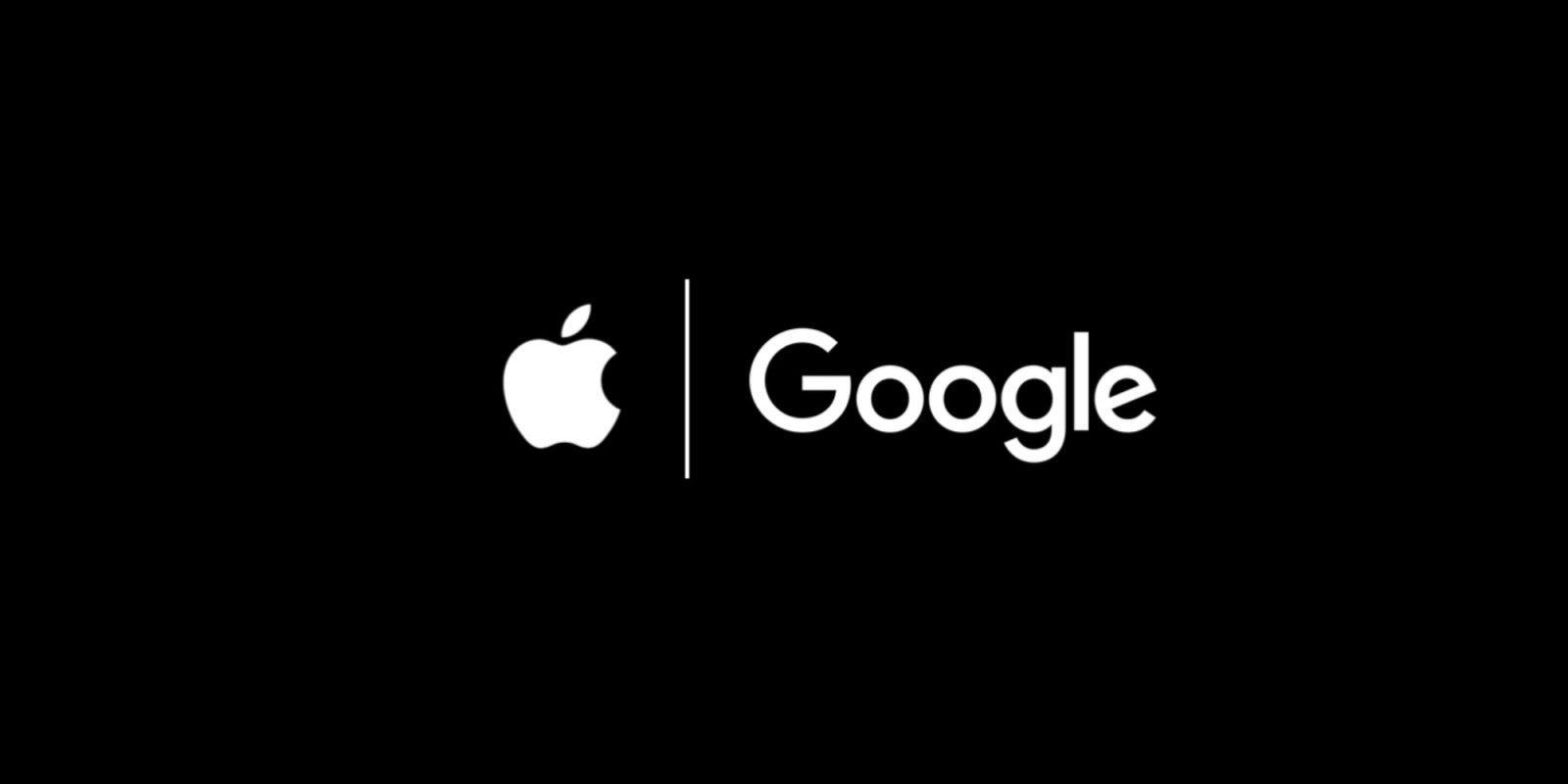Former Apple engineers have a startup that might help current Apple engineers

A startup created by former Apple engineers has created a system that could well prove helpful to current Apple engineers during the coronavirus crisis.
One of the early steps Apple took in response to the virus was to ban its US engineers from flying to China. It’s widely expected that this sensible precaution is likely to lead to a delay in launching the iPhone 12 …


